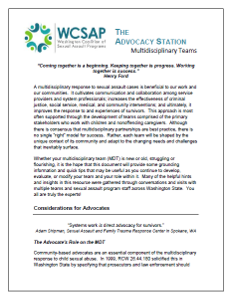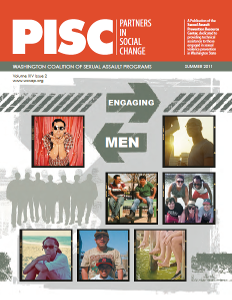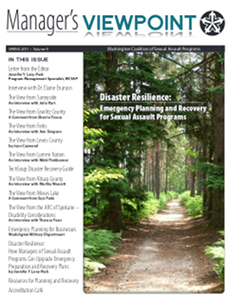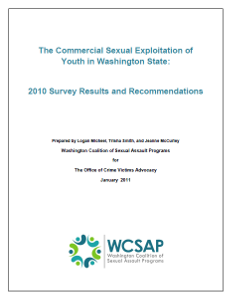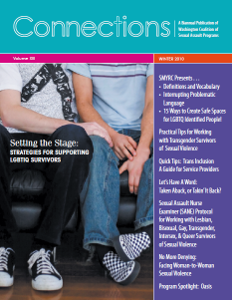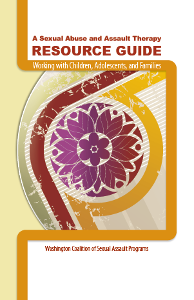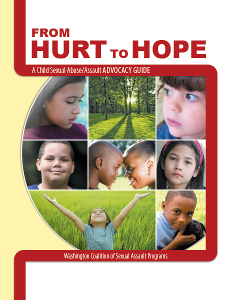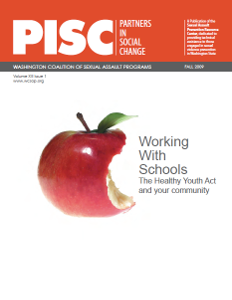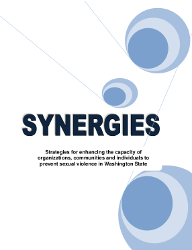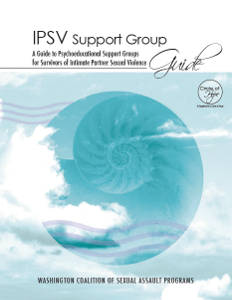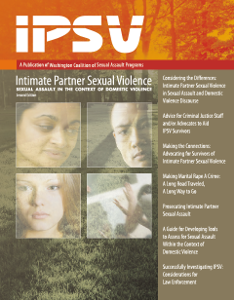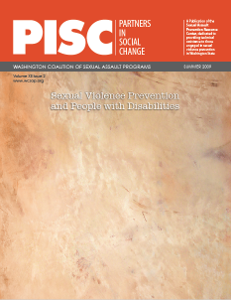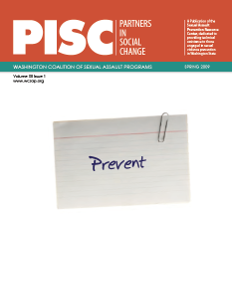A multidisciplinary response to sexual assault cases is beneficial to our work and our communities. It cultivates communication and collaboration among service providers and system professionals; increases the effectiveness of criminal justice, social service, medical, and community interventions; and ultimately, it improves the response to and experiences of survivors.
This approach is most often supported through the development of teams comprised of the primary stakeholders who…
